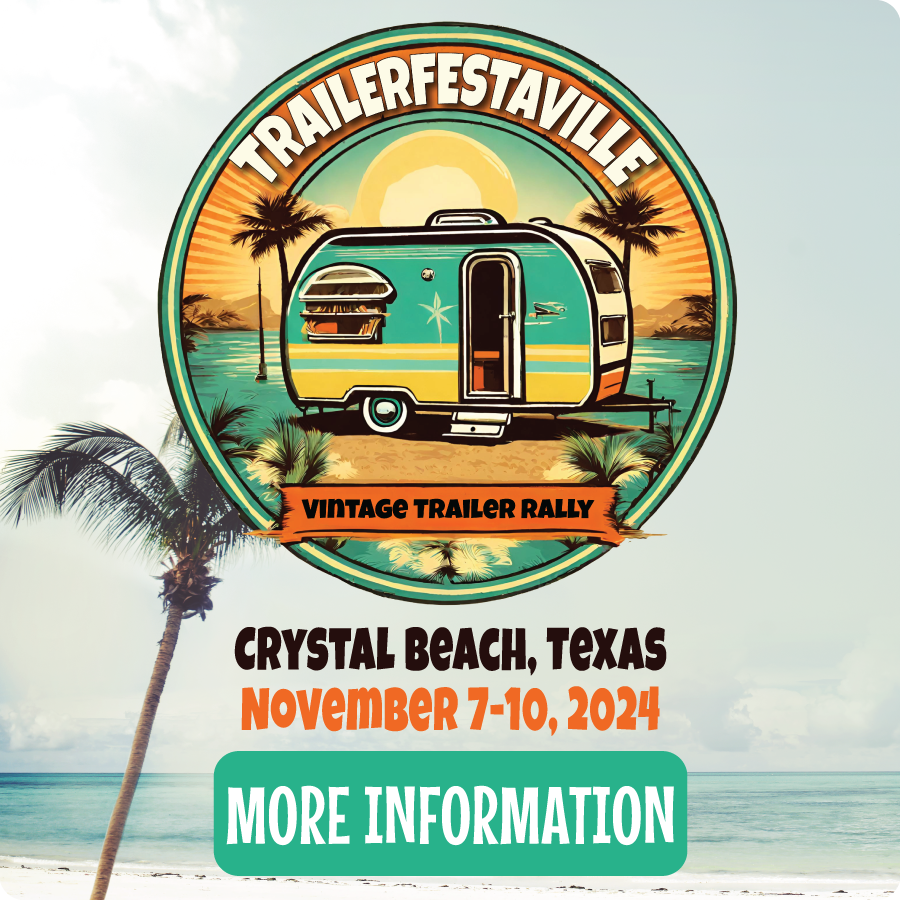 When it comes time to buy or sale a vintage trailer, consumers have several options to reach 1,000s of people with the Internet and sites like buyvintagetrailers.com. The Internet has also, unfortunately, given scammers a new venue to find uninformed victims. No matter where you are shopping for, or selling a vintage trailer, be warned that you may come in contact with someone that isn't really interested in the hobby but is just trying to scam you out of your hard earned money. Identifying a scammer:
The “Price Too Good to Be True” scam In this scam, a prospective buyer sees a vintage camper trailer for a price well below market value. When the buyer contacts the seller, he or she is notified that the seller and the trailer is outside of the country and will arrange for shipment of the car upon receipt of payment, most often via wire transfer (such as Western Union) or bank-to-bank transfer (for very large payments). When the money is transferred and collected, the “seller” breaks contact and the buyer is out the money. The overpayment scam A legitimate seller posts a vintage trailer for sale. He or she is then contacted by a prospective “buyer” (really a scammer) who offers to send a cashier’s check immediately plus additional funds to cover shipment of the trailer overseas. When the check arrives, the seller is instructed to deposit it and wire the overage to the “shipper.” When this is done and the wire transfer picked up, the “buyer” breaks contact and the seller is left on the hook to their bank for the fraudulent check and the missing funds. Escrow scams Many consumers are rightfully wary of sending large amounts of money to someone they’ve never met. Scammer frequently recommend the use of fake “escrow” services that will hold funds involved in the transaction until both parties are satisfied that the transaction has been completed. In a typical scam, a legitimate buyer will be approached by a scammer selling a car or trailer (again, often a vintage trailer or classic car priced, but usually priced well below market value). The scam seller will offer to ship the item and that there is no risk of fraud due to the “escrow” service (purportedly eBay, PayPal, or another service). Once the money is transferred, contact is broken (or sometimes additional funds are requested to cover “unforeseen” events). In any case, the legitimate buyer never receives the vehicle and loses their money. Click "read more" below to find out How to avoid online-buying scams How to avoid online-buying scams
Information taken from an article originally published here: http://www.nclnet.org/avoiding_online_car_buying_scams
0 Comments
Leave a Reply. |
THE VINTAGE CAMPER TRAILERS MAGAZINE BLOG
Categories
All
This site contains affiliate links to products. We may receive a commission for purchases made through these links.
Archives
June 2024
This site contains affiliate links to products. We may receive a commission for purchases made through these links.
|





 RSS Feed
RSS Feed






